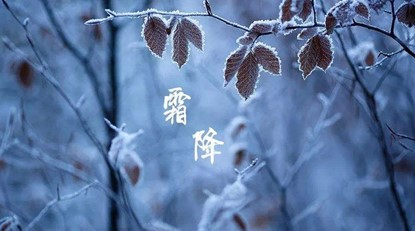Solar Terms in Autumn
The Opening ceremony of the Beijing Winter Olympics has begun with the countdown to the 24 solar terms, which are unique to China's traditional culture. The opening ceremony also coincides with the beginning of Spring of the 24 solar terms, and the Beijing Winter Olympic Games is the 24th Olympic Games. It is a coincidence, which is really wonderful.
The traditional Chinese lunar calendar divides the year into 24 solar terms. More than 2000 years ago, ancient Chinese people created this overall framework to mark the annual passage of time based on observations of the sun's motion. Nowadays, the 24 solar terms not only apply to farming, but also guide Chinese people in everyday life. In 2016, the 24 solar terms were included in UNESCO'S Representative List of the Intangible Cultural Heritage of Humanity.
The 24 solar terms known as Start of Spring, Start of Summer, Start of Autumn, and Start of Winter are used to reflect the change of seasons, dividing the year into four seasons of exactly three months.
Today we are going to learn the solar terms in Autumn.
Start of Autumn 立秋/lì qiū
The autumn season begins.
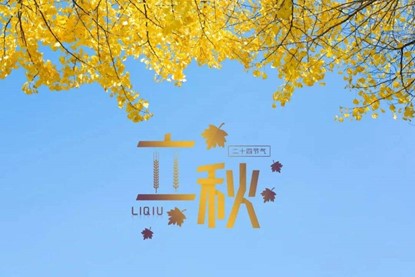
End of Heat 处暑/chù shǔ
End of Heat implies that most parts in China are getting rid of the hot summer and entering autumn. But in some areas, especially in South China, autumn is late in coming and people are still bothered by hot weather. End of Heat is also the busy harvest season for farmers.
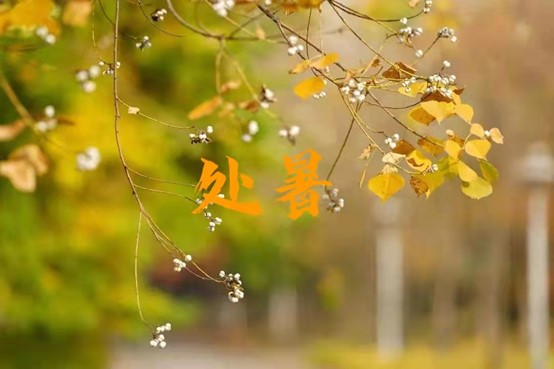
White Dew 白露/bái lù
White Dew indicates the real beginning of cool autumn. The temperature declines gradually and the vapors in the air often condense into white dew on the grass and trees at night.
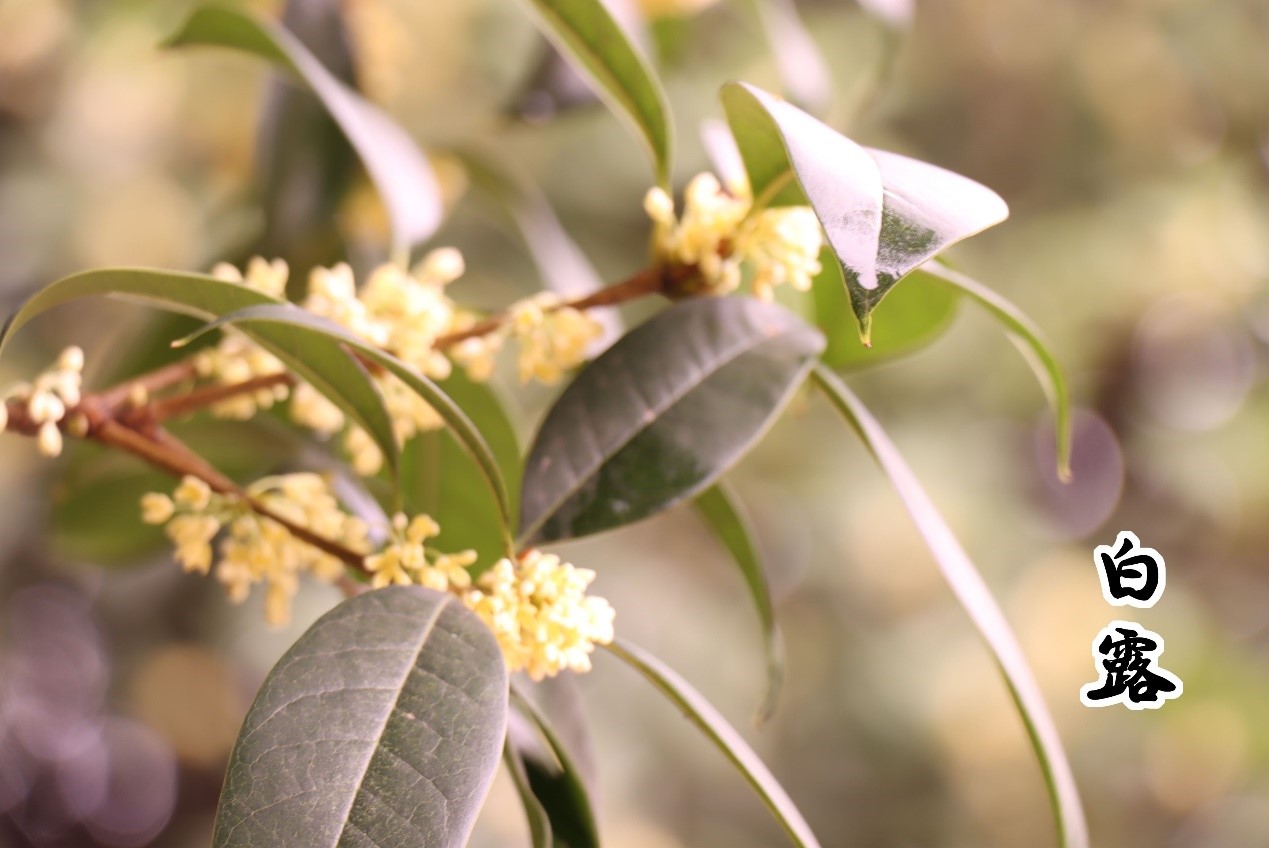
Autumn Equinox 秋分/qiū fēn
Autumn Equinox lies at the midpoint of autumn, dividing autumn into two equal parts. After that day, the location of direct sunlight moves to the south, making days shorter and nights longer in the northern hemisphere.
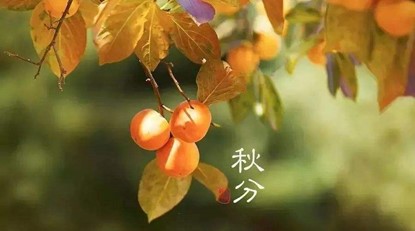
Cold Dew 寒露/hán lù
At this time, temperatures are much lower than in White Dew in most areas of China. The dew is greater and colder and there will be less rain. Autumn crops will be ripe.
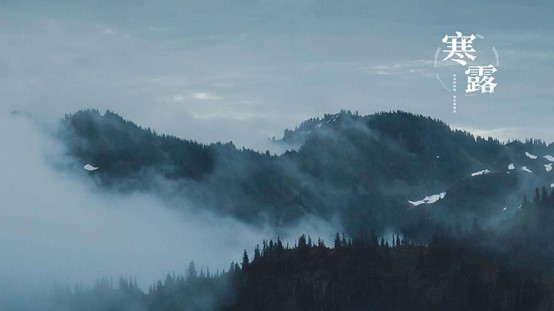
Frost's Descent 霜降/shuāng jiàng
Frost's Descent is the last solar term of autumn, during which time the weather becomes much colder than before and frost begins to appear.
